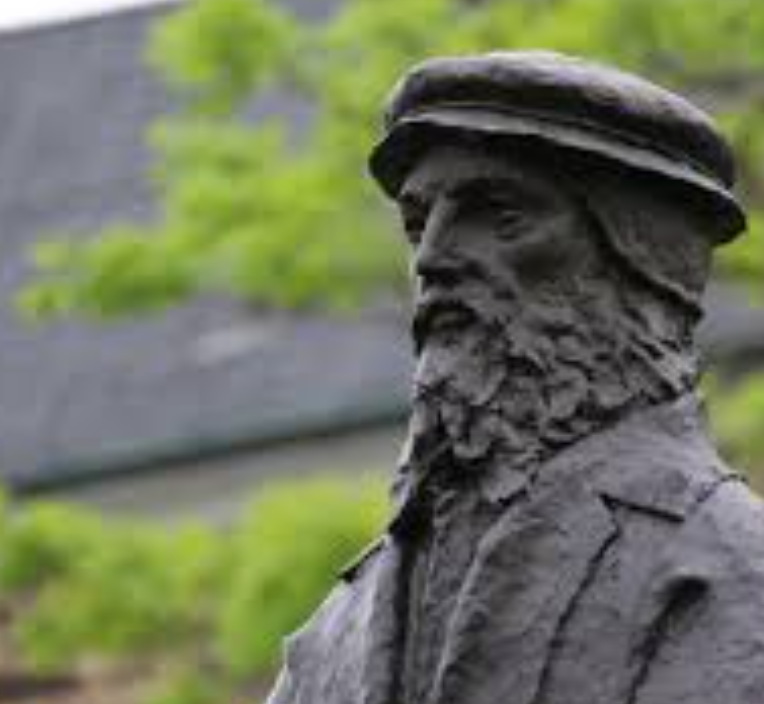I. WHAT IS CATECHISATION?
The Greek word katechesis is derived from kataecheo, as kataecismos is from kataechizo. Both words, according to their common signification, mean to sound, to resound, to instruct by word of mouth, and to repeat the sayings of another. Kataecheo more properly, however, means to teach the first principles and rudiments of some particular doctrine. As applied to the doctrine of the church and as understood when thus used, it means to teach the first principles of the Christian religion, in which sense it occurs in Luke 1. 4, Acts 18. 25, Gal. 6. 6, etc. Hence, catechisation in its most general and comprehensive sense, means the first brief and elementary instruction which is given by word of mouth in relation to the rudiments of any particular doctrine; but, as used by the church, it signifies a system of instruction relating to the first principles of the Christian religion, designed for the ignorant and unlearned.
The system of catechising, therefore, includes a short, simple, and plain exposition and rehearsal of the Christian doctrine, deduced from the writings of the prophets and apostles, and arranged in the form of questions and answers, adapted to the capacity and comprehension of the ignorant and unlearned; or it is a brief summary of the doctrine of the prophets and apostles, communicated orally to such as are unlearned, which they again are required to repeat.
Continue Reading »







